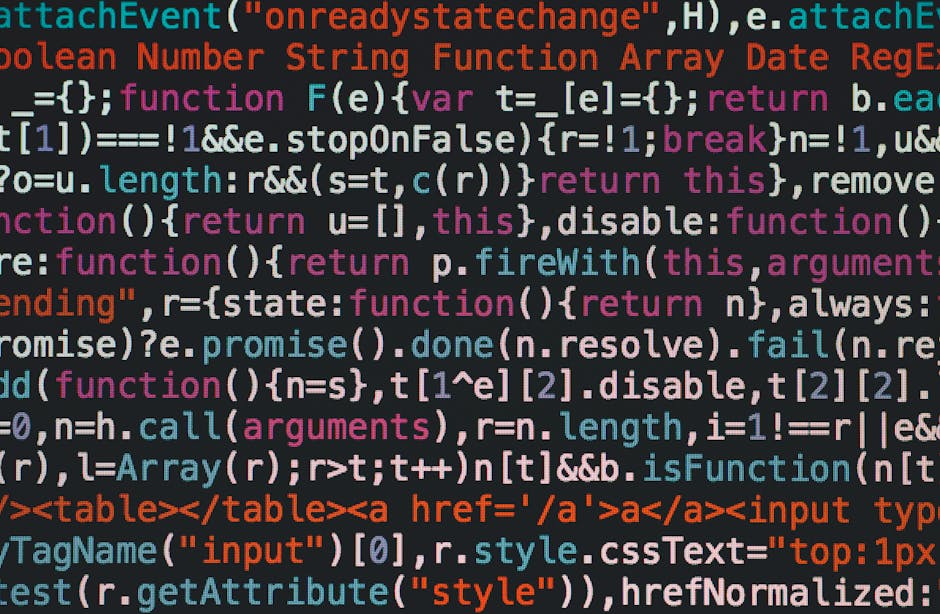NotebookLM, Google’s AI-powered research and note-taking tool, is winning fans for its seamless integration with Google Docs, source-grounded summarization, and unique podcast generation features. Reviewers and users rave about its ability to transform research workflows, but the competition is fierce: alternatives like Notion AI, Saner.AI, Tanka, Obsidian (with AI plugins), and more are vying for the crown—each with their own superpowers. From deep document analysis to collaborative knowledge management, the AI note-taking landscape in 2025 is smarter, more customizable, and more exciting than ever.
NotebookLM: The Game-Changing AI Research Assistant
Blake Stimac at CNET calls NotebookLM “the best AI tool you’re missing out on,” highlighting its ability to take your uploaded documents—PDFs, Google Docs, and more—and instantly generate summaries, answer questions, and even create podcasts from the content. It’s especially beloved by students, researchers, and content creators who need to distill mountains of information into actionable insights.
Parth Shah at Android Police describes how integrating NotebookLM with Google Docs has been a “game changer.” You can ask the AI to summarize a set of research papers, pull out key points, or even generate a podcast script based on your notes. The interface is clean, the responses are contextually accurate, and the tool is completely free—making it a must-have for anyone in academia or content-heavy professions.
The Competitors: Who Can Dethrone NotebookLM?
Mahnoor Faisal at XDA set out to test NotebookLM’s top competitors, and the results were eye-opening. The rise of AI tools has completely reshaped how we research, learn, and create. Let’s take a look at the contenders and their unique strengths.
Saner.AI: The Distraction-Free Knowledge Hub
Saner.AI shines for users who want to combine note-taking, task management, and AI-powered insight extraction. It’s designed for knowledge workers, researchers, and even those with ADHD, offering a distraction-free interface and smart tagging. Saner.AI stands out for its ability to import data from multiple sources and deeply understand your information. However, it requires internet access for full functionality.
Notion AI: The All-in-One Productivity Powerhouse
Notion is the Swiss Army knife of productivity, blending notes, project management, wikis, and AI writing. Its AI can summarize documents, generate content, and organize projects, but it’s best for those who want an all-in-one workspace. While Notion’s note-taking is more versatile than NotebookLM’s, it lacks the podcast generation and deep source-grounded Q&A features that make NotebookLM so compelling. The breadth of functionality can be a benefit, but it also adds complexity.
Obsidian (with AI Plugins): The Privacy-Focused Research Tool
For privacy-focused users, Obsidian offers local storage, markdown editing, and a growing ecosystem of AI plugins for summarization and semantic search. It’s ideal for researchers who want control and extensibility. The open-source nature and local storage are key draws for those concerned about data security. You’d have to invest time finding the perfect plugins to achieve desired functionality.
Tanka: The Collaborative Knowledge Management Platform
Tanka combines team messaging and knowledge management with AI long-term memory, making it a powerhouse for collaborative research, multilingual teams, and organizations needing knowledge retention. Its integration with messaging platforms and smart replies make it unique. This is geared toward a very specific need – teams requiring shared knowledge bases and effortless communication.
Craft Docs (with AI): The Stylish Document Creation Tool
Known for beautiful documents and AI-powered editing, Craft Docs is a favorite among professionals who want both style and substance. It excels where visual appeal and presentation are paramount. Functionality wise, it may not be as comprehensive as some of the other solutions.
Scribe AI: The Technical Paper Expert
Tailored for academics and analysts, Scribe AI excels at summarizing technical and research papers, offering structured digestion and keyword highlights. If your work heavily involves dense technical documents, Scribe AI could be a powerful asset. It’s more of a niche tool than a general-purpose note-taking solution.
Key Takeaways from the Showdown
The competition in the AI-assisted research space is heating up, each tool bringing unique strengths to the table. It’s not simply about finding “the best” but discovering the right fit for your individual workflow and needs.
NotebookLM’s Edge
NotebookLM maintains a strong position due to its unique podcast generation capabilities, source-based Q&A functionality, and seamless integration with Google Docs. Its free availability and ease of use contribute significantly to its popularity among students and researchers. It truly shines when you need to quickly distill information and transform it into a presentable format.
Alternatives’ Strengths
Tools like Notion and Saner.AI offer broader productivity features, appealing to users wanting a central hub for various tasks. Obsidian and Tanka cater to specific needs – privacy and team collaboration, respectively. Each alternative brings its own flavor—whether it’s better offline support, more customization, or advanced knowledge management.
The Verdict
NotebookLM is a revelation for researchers and students, but the AI note-taking and summarization world is exploding with options. Whether you want deep document analysis, collaborative wikis, or AI-powered podcast scripts, there’s a tool for every workflow. The future of research is smarter, faster, and more creative—so why not try them all and see which one transforms your process?




Leave a Reply
You must be logged in to post a comment.